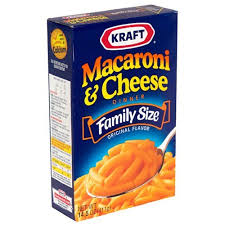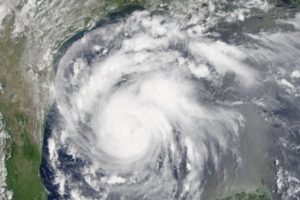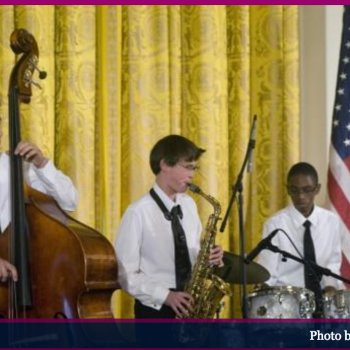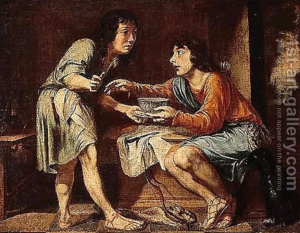 “Who doesn’t want mac and cheese?” I asked, puzzled. I was going to add, “It’s just plain un-American!” But Lucy said first, “People without a stove.”
“Who doesn’t want mac and cheese?” I asked, puzzled. I was going to add, “It’s just plain un-American!” But Lucy said first, “People without a stove.”
Ah.
I’ve had occasion lately to stock the food bank at church, back in the pantry, filling paper bags with, to be exact, one box of cereal (chocolate Frosted Flakes last week), two cans of veggies, two cans of fruit, two cans of tuna, two cans of soup, one can of ravioli and chili, each, two boxes of macaroni and cheese, one jar of peanut butter, two packages of saltine crackers, two Ramen soups. I carry the bags out to a long table, where people come in, sign their names, and take one.
Typically, Lucy carries cans and boxes back in—items our visitors don’t want. Canned peas I can understand. Who wants canned peas? Green beans, too. But mac and cheese? Who doesn’t want mac and cheese?
Now I know.
A few weeks back I worked in the food pantry during a community meal, when all sorts of people, mostly Seattle’s poor and homeless, join us. I hit a lull in my packing, so I wandered into the dining area and saw two guys at the rear table horse trading. Their bags were empty, the items spread out across the table. What surprised me was that one pile turned out to be their give-back pile. Good stuff, too. Canned goods, like ravioli and chili. I asked them why.
Too heavy to carry around.
Ah.
Who’d have thought it? Here I am, a middle-aged professor of Bible, and I’m being taught about Jesus by a couple of homeless men who are figuring out what to take from the food bank. They don’t quote Bible verses. They don’t discuss theology. They don’t debate doctrine (thank God). They figure out what they can carry with them that night—just that night—and, in so doing, teach me about Jesus.
People in the grip of poverty can pray—and grasp—the Lord’s prayer, especially the line, “Give us this day our daily bread” (Matthew 6:11), in a way I can’t, even though I’ve studied it in Greek and said it thousands of times in church. Jesus tells us to pray for daily bread. When was the last time you or I had to pray for daily bread? Not a meaningful job or a base hit or the right boyfriend or a B on an exam. Jesus—these men, too—takes us back to basics, somewhere I’m not willing to go. So I don’t understand this prayer. Not really.
Jesus spoke in dollars and cents. I know this, and I struggle with it. His very first sermon begins, “The Spirit of the Lord is upon me, because God has anointed me to bring good news to the poor” (Luke 4:18). The last line of the familiar parable of the Good Samaritan ends with the Samaritan telling an innkeeper, “Take care of him; and when I come back, I will repay you whatever more you spend” (Luke 10:35). Dollars and cents. How do we make sense of dollars and cents? Well, I’ve only just started to learn from men and women whose lives mirror Jesus’ in ways I can’t fathom. The teacher, I guess you’d say, has become the student far away from the controlled climate of the collegiate classroom.
Last night, in addition to the paper bags I packed in the pantry, I filled six plastic bags. These bags contain, to be exact, three granola bars, two juice boxes, a can of fruit with a pop top, a can of soup with a pop top, a can of ravioli with a pop top, a cup of soup, a jar of peanut butter, and two packages of saltine crackers. Why the difference in bags? The plastic bags are for homeless women, many of them abused, who stay in the shelter. It’s next-day food: carried, eaten and drunk. It’s for women without can openers. Women without a fridge. Women without a stove.
Which leads me back to my question, “Who wouldn’t want mac and cheese?” Nobody. Everybody wants it. It’s as American as apple pie and watermelon. Not everybody, however, can cook what’s in the box.
















